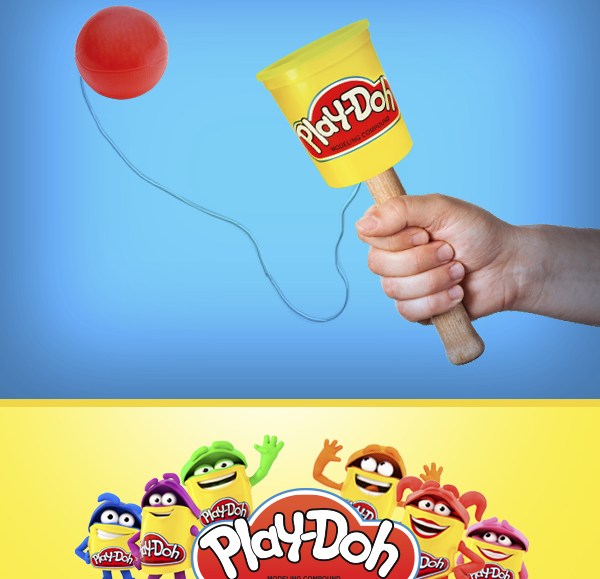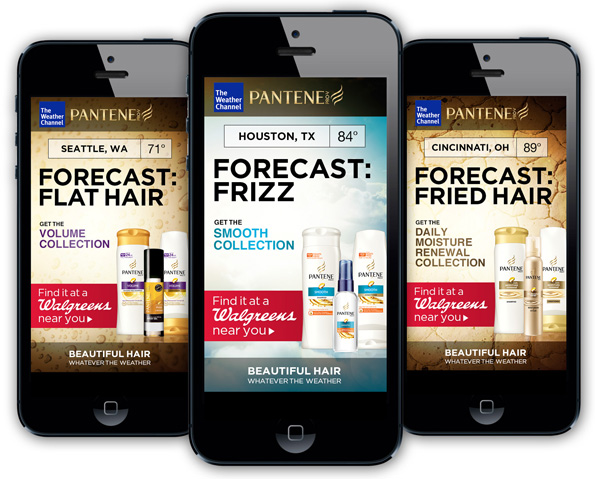
Every now and then brands take it upon themselves to give consumers new ways to use their products, often unsolicited, and usually to little effect. It’s rare that product extensions deserve to exist (ahem, Burger King cologne). But now and then brands create things that make sense.
Good product extensions expand how consumers think about the product, shifting their perspective about what something is or can be. “Brands need to be mindful that an extension of the brand experience of any kind is additive to customer expectations,” said Greg Monaco, a partner at Monaco Lange, a brand consulting firm in New York.
“It could be goodwill, fun, engagement, shared perspective, and/or a promotion of values,” he said. “Whatever it is, it needs to work in correlation with customer’s expectations. Anything off-key will invariably cause brand dissonance.”
Here are a few extensions that dovetail nicely with the brands they belong to.
Earth to Echo MineCraft Plug-in
Many films out there have been turned into video games, but according to Relativity Media the Minecraft plug-in built to promote their just released film “Earth to Echo” is the first of its kind. Though the movie itself is being called an E.T. knock-off, the 7-12 year old target demo isn’t likely to care, especially if they like the idea of playing the plug-in when they get home. According to Relativity, videos of influencers playing the custom level have more than five million views. Check out the trailer, remade à la Minecraft.
Released just last week, this game utilizes Google’s Maps API and layers over a game function that quizzes players about arts, culture, science, geography, sports, games, history, entertainment and current events. The brand can tie in trivia linked to things like the World Cup, which should help it maintain relevance.
Players drop a pin on the location that corresponds to the question asked. For example, the answer to “when complete, this building will be the tallest in the United States” is of course One World Trade Tower in New York City.
Answering forces players to look around, zoom in and out and ultimately drop a pin to answer the question. It familiarizes users with the level of detail Google put into the software. Mundane features like buildings, fountains, trails all become part of the cartographic quiz, and users can’t help but notice them as they hunt for answers.
Destination Unknown, Schnipol Airport
![keyvis1[5]](https://digiday.com/wp-content/uploads/sites/3/2014/05/keyvis15.png)
Before SmartyPins, Amsterdam’s Schnipol Airport created a game called “Destination Unknown” that uses Instagram images as clues in a game not unlike Google’s. Players try to guess the location by looking at scraped Instagram images the system finds using hashtags. Because the game uses real images taken by actual people, the game feels more organic than if stock had been used.
It should be noted that the game is also similar to Anton Wallén’s GeoGuessr, which uses random Google Street View locations to test players’ knowledge of geography.
Fresh off a bronze Effie is Pantene’s “Weather Program,” a simple weather tool that tells users which of their products to use based on the weather that day. Having someone tell you what to put in your hair on weird weather days solves a problem shared by the follicly challenged, but also puts the product front and center in a way customers may not have seen before.
Play-Doh Retire Your Can
This effort is part real world play and part digital inspiration and all pleasantly simple. Hasbro’s Play-Doh brand created a Pinterest board called “Retire Your Can” which includes fun ideas for what to do with old Play-Doh cans. Images posted there include cans reimagined as flower pots, maracas, a rope phone and more. No fancy software was required to execute the idea, just a camera and a little imagination.
More in Marketing

Zero-click search is changing how small brands show up online — and spend
To appease the AI powers that be, brands are prioritizing things like blogs, brand content and landing pages.

More creators, less money: Creator economy expansion leaves mid-tier creators behind
As brands get pickier and budgets tighten, mid-tier creators are finding fewer deals in the booming influencer economy.

‘Still not a top tier ad platform’: Advertisers on Linda Yaccarino’s departure as CEO of X
Linda Yaccarino — the CEO who was never really in charge.









